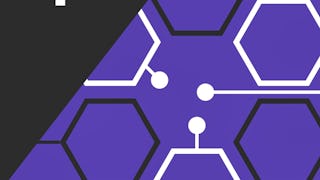Updated in May 2025.
This course now features Coursera Coach! A smarter way to learn with interactive, real-time conversations that help you test your knowledge, challenge assumptions, and deepen your understanding as you progress through the course. Master the art of creating and managing APIs with Swagger tools and OpenAPI in this comprehensive course. By the end of this journey, you’ll have the skills to design, test, and deploy APIs efficiently, leveraging industry-leading tools like SwaggerHub, Swagger Editor, and Swagger Inspector. Gain hands-on experience with real-world projects as you explore API development methodologies and best practices. The course begins with an introduction to Swagger tools and their relationship with OpenAPI, guiding you through foundational concepts like design-first versus code-first approaches. Next, you'll delve into practical applications with SwaggerHub, learning to create, import, and manage APIs in a collaborative environment. Key features of Swagger Editor and Swagger UI are demonstrated step by step, enabling you to create robust, scalable APIs. Advanced sections cover essential topics like API versioning, mocking, and generating both server stubs and client SDKs with Swagger Codegen. You'll also explore testing APIs with Swagger Inspector, ensuring high-quality results. Finally, collaborative aspects of SwaggerHub are addressed, equipping you to work effectively in teams, create organizations, and manage projects seamlessly. This course is ideal for software developers, API designers, and tech enthusiasts aiming to enhance their expertise in API management. No prior experience with Swagger is required, but a basic understanding of APIs and programming is beneficial. Suitable for beginners and intermediate learners alike.















